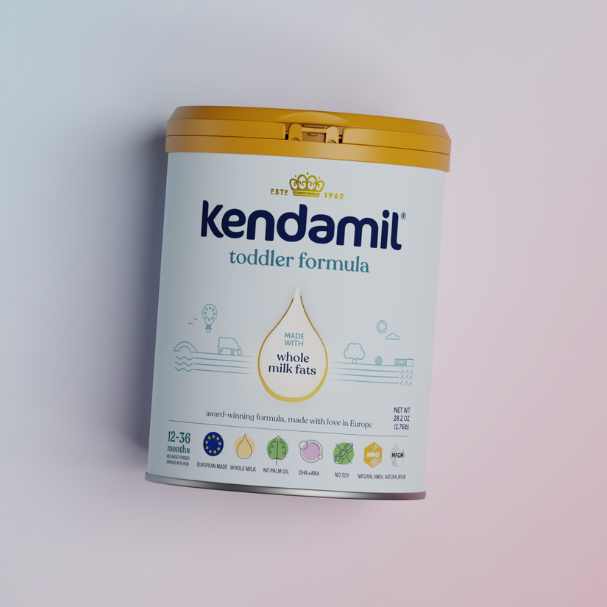Early labor brings with it a whole host of emotions – excitement, anxiety, fear, frustration and many more (in fact, you may feel many of these emotions all at once!).
It’s important in the early part of labor to try to stay relaxed and to get as much rest as possible before the hard work really starts; this early phase of labor is the beginning of what will most likely be a long, intense and exhausting process. The early phase of labor can last anywhere from hours to days, which is especially true for first-time mothers. It’s frustrating to know that early labor isn’t technically classed as “active labour” which is hard to accept when you’re feeling uncomfortable, tired and just want to meet your baby, but rest assured that by following the tips below you’ll soon be into the active phase of labor and be preparing to meet your new arrival!
Remember, this phase serves a purpose!
This early part of labor is just as important as any other phases of labor. It’s when all the groundwork is being done within your body. These irregular, short lived contractions are helping your cervix to efface and thin out ready to dilate to allow our baby through the pelvis. The more relaxed you can stay during this process, the quicker your progress will likely be.
Don’t tell anybody!
It’s totally normal to want to post on Instagram or ring every member of your family and friends and inform them that labor has finally begun. You’ve likely become sick and tired of everyone asking if you’ve had the baby yet, so this is exciting news you want to share with the world. But remember, this phase can take quite some time before you’ve arrived at the hospital or ready for your baby to be born. Telling lots of people you’re in labor only adds to the anticipation and pressure, and you’ll likely be getting lots of text messages inquiring about your progress. You just don’t need this added pressure at this time and if things go a little slower than expected, you’ll find yourself feeling even more frustrated, which in turn can raise your adrenaline levels at a time when you want your body to relax, if your adrenaline levels spike then the labor hormone Oxytocin can decide to go in to hide away, which makes things take even longer!
Get plenty of rest!
It may sound stupid to put rest and early labor in the same article, but it really is important. When you reach active labor you’ll find it very difficult to get any kind of rest and you’ll need all your energy to push this baby out. So be sensible with any kind of activities you’re doing and don’t completely overdo it. If labor begins during the night, then try to get as much sleep as possible and try to stay in bed. I know it might be hard to sleep with all the excitement or if those irregular contractions keep waking you, but it really is important to try to get some sleep. Remember, you never sprint on the first leg of a marathon!
Let gravity work!
Gravity plays a huge part in labor. When you are upright, whether that be light walking or bouncing on a gym ball the weight of your baby and the pressure from each contraction is pushing down onto your cervix. If you can stay upright during early labor this will help with your progress, encourage your cervix to efface quicker and baby to descend further into the pelvis.
Make sure you’re eating and drinking!
It’s important to keep up your water intake during early labor to avoid dehydration which can cause stress within your baby and impact on the quality of your contractions. Try to avoid sugary, energy drinks during this time as they will eventually cause your blood sugar levels to crash. It’s important to also eat during early labor, even if it’s just little and often, this will help to keep your energy levels up in preparation for active labor.
Jump in the shower!
You’ll have likely heard people tell you to take a bath in early labor, however the weightlessness of a bath can have the opposite effect to gravity and cause your labor to stall or stop completely. If you’re in need of something warm and relaxing, if your back is feeling sore or you just want to freshen up then take a soak in the shower. You can even place a chair in there if you want to sit down.
Stay at home!
Unless you’re concerned about the wellbeing of your baby, you don’t feel safe or you can’t cope with the pain any longer, staying at home for as long as possible will keep you ‘off the clock’ in the hospital. The moment you arrive at the hospital, the birth care team and ob-gyn will be keeping an eye on your progress and how long you’ve been in labor. If your progress is not as fast as they would like this could then lead to interventions to hurry things along. Although this might sound appealing, particularly when you want to meet your baby, interventions are not necessary when there are no problems for mom or baby and can increase the risk of a c-section.
Stay distracted!
As labor approaches, sit down with your birthing partner and draw up a list of activities to do in early labor to keep yourself distracted. This could include watching movies, going to your favorite restaurant, taking a walk, getting your nails done. Basically, anything that will take your mind off things for a little while is going to be of benefit.
Don’t be disappointed!
Don’t be disappointed if your labor is taking longer to establish than you expected. Remember your body is working hard and every woman and indeed pregnancy is different. This important early part of your labor is not an indication of how things are going to go once you’re in active labor. Remember, feeling anxious or stressed can slow or stall your labor and that’s not what you want, just spend some time enjoying these last hours and days of pregnancy.
We hope you found this article helpful!














